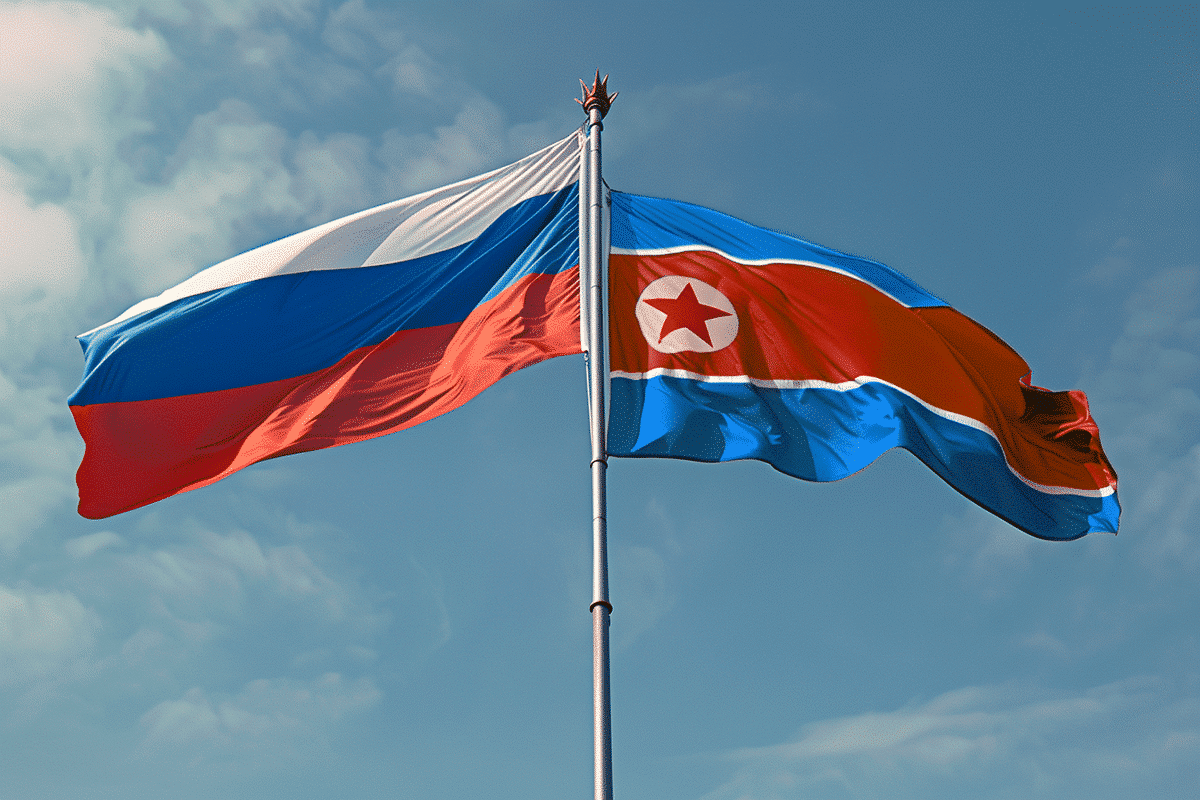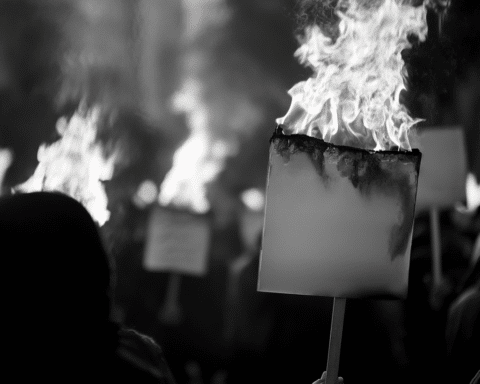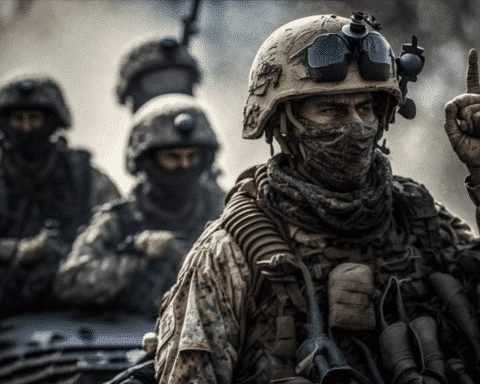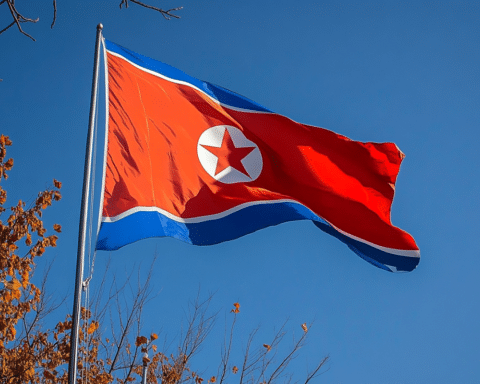As President Vladimir Putin arrives in Pyongyang for a summit with North Korean leader Kim Jong Un, the longstanding and often intricate relationship between Russia and North Korea comes into sharp focus. This meeting, occurring amidst global attention and scrutiny, underscores the ongoing diplomatic maneuvers and geopolitical implications of their alliance.
Historical Background
Russia and North Korea’s ties date back to the aftermath of World War II, when Korea was divided into Soviet-backed North and U.S.-backed South. The Soviet Union played a pivotal role in installing Kim Il Sung as North Korea’s leader in the late 1940s. This marked the beginning of a period of close economic and military cooperation, including Soviet support during the Korean War (1950-1953), where Soviet air power and logistical aid were crucial to North Korea’s efforts against South Korea and the United Nations forces.
However, the relationship began to strain in the 1970s as Kim Il Sung sought to balance relations between the Soviet Union and China, leading to a decline in Soviet economic assistance. The collapse of the Soviet Union in 1991 further shifted dynamics, severing North Korea’s main benefactor and forcing Pyongyang to navigate a new geopolitical landscape.
Post-Cold War Relations
Under President Vladimir Putin’s leadership since 2000, Russia has actively sought to revive and strengthen ties with North Korea. Despite periods of cooperation, such as joint criticism of U.S. missile defense plans in the early 2000s, Russia has also supported international sanctions against North Korea over its nuclear ambitions and missile tests.
In recent years, amidst heightened tensions and international sanctions, Russia and North Korea have engaged in strategic dialogue aimed at bolstering mutual interests. This has included meetings between Putin and Kim Jong Un to discuss economic cooperation and regional security issues.
Current Developments
The latest summit between Putin and Kim Jong Un in Pyongyang marks a continuation of these efforts. While both leaders have publicly emphasized expanding cooperation, the international community remains vigilant amid allegations of military exchanges between North Korea and Russia during the ongoing conflict in Ukraine. These accusations, denied by both Pyongyang and Moscow, highlight the complexities and sensitivities surrounding their relationship.
Despite challenges, including Russia’s veto of a UN Security Council resolution on monitoring sanctions against North Korea’s nuclear program in early 2024, both countries have reaffirmed their commitment to deepening ties. Recent proposals for three-way security talks involving China reflect efforts to address regional military threats perceived by Pyongyang and Moscow as originating from U.S.-led initiatives.
Future Prospects
Looking ahead, the future of Russia-North Korea relations remains uncertain yet pivotal. As global geopolitical dynamics evolve, including ongoing tensions over Ukraine and broader East Asian security concerns, the strategic partnership between Moscow and Pyongyang is likely to continue influencing regional stability and international diplomacy.
While historical contexts and recent developments illustrate the complexities of Russia’s relationship with North Korea, the current summit between Putin and Kim Jong Un signals ongoing efforts to navigate shared interests amidst global scrutiny. As both nations assert their strategic interests, the outcomes of their diplomatic engagements will undoubtedly shape regional dynamics and international relations in the coming years.




